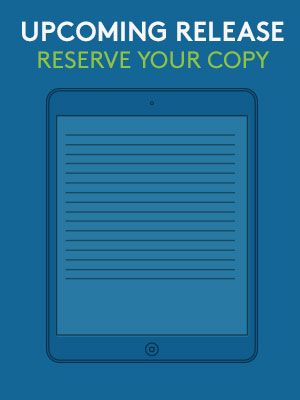
Sign up to save your library
With an OverDrive account, you can save your favorite libraries for at-a-glance information about availability. Find out more about OverDrive accounts.
Find this title in Libby, the library reading app by OverDrive.



Search for a digital library with this title
Title found at these libraries:
| Library Name | Distance |
|---|---|
| Loading... |
Explores the hyper-politicization of culture, the emergence of "audit culture," and the rise of activist managerialism in British institutions.
Artistic and cultural preferences are increasingly viewed as political statements, with choices in books, films, and other media often seen as ideological signals. This reflects a growing entanglement of culture and politics, where artistic narratives are coded with deeper societal meanings. At the same time, arts and academic institutions are grappling with their histories of injustice, leading to the widespread adoption of equality, diversity, and inclusion (EDI) policies. Trigger warnings and harm reduction measures have become common in university curricula and museum practices, reflecting a broader focus on justice, inclusivity, and societal accountability.
The legacy of neoliberal “audit culture,” with its emphasis on efficiency and “value for money,” has profoundly shaped institutional missions. However, austerity measures and precarious employment conditions have radicalized many within these institutions, driving a shift toward a new model of activist managerialism. This approach emphasizes moral accountability and positions institutions as leaders in addressing social issues, often reframing internal dissent as opportunities for reform and progress.
Digital platforms, particularly “academic Twitter” and other online communities, play a crucial role in amplifying discourse and fostering global emotional synchronization. These platforms enable the rapid spread of shared perceptions of crisis and moral urgency, further shaping the narratives of academic and cultural institutions. In response, these institutions increasingly position themselves as critical agents of societal healing and reform, striving to address global challenges while navigating both internal and external pressures.
Artistic and cultural preferences are increasingly viewed as political statements, with choices in books, films, and other media often seen as ideological signals. This reflects a growing entanglement of culture and politics, where artistic narratives are coded with deeper societal meanings. At the same time, arts and academic institutions are grappling with their histories of injustice, leading to the widespread adoption of equality, diversity, and inclusion (EDI) policies. Trigger warnings and harm reduction measures have become common in university curricula and museum practices, reflecting a broader focus on justice, inclusivity, and societal accountability.
The legacy of neoliberal “audit culture,” with its emphasis on efficiency and “value for money,” has profoundly shaped institutional missions. However, austerity measures and precarious employment conditions have radicalized many within these institutions, driving a shift toward a new model of activist managerialism. This approach emphasizes moral accountability and positions institutions as leaders in addressing social issues, often reframing internal dissent as opportunities for reform and progress.
Digital platforms, particularly “academic Twitter” and other online communities, play a crucial role in amplifying discourse and fostering global emotional synchronization. These platforms enable the rapid spread of shared perceptions of crisis and moral urgency, further shaping the narratives of academic and cultural institutions. In response, these institutions increasingly position themselves as critical agents of societal healing and reform, striving to address global challenges while navigating both internal and external pressures.







